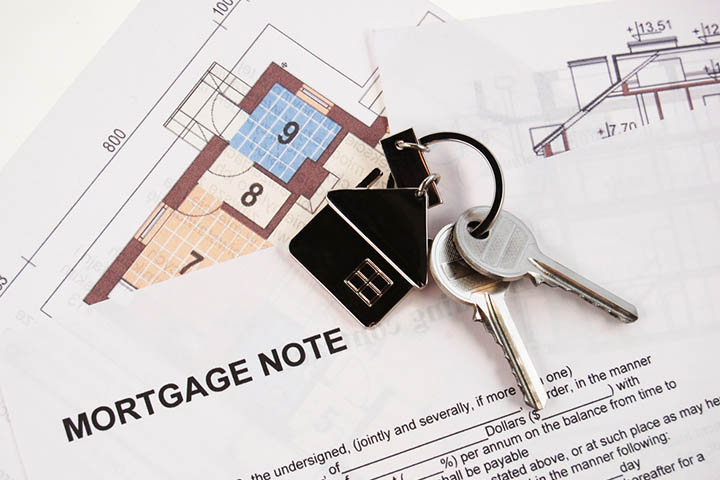Though the number of foreclosures on the market is dwindling, opportunists continue to run scams that prey on vulnerable homeowners. If you are no longer able to pay your mortgage, read the below tips to ensure you don’t rely on the wrong people to help you during this difficult time.
A common mortgage scam is the “phantom help” scam. Under this proceeding, a company will ask a homeowner to pay a fee and, in return, have their mortgage payments reduced, or will promise to prevent a foreclosure altogether. After making payments, the company will disappear with your money, putting you even further behind on your mortgage payments.
Meanwhile, a rent-to-buy scam involves signing the title of your home over to a scammer. They promise to make your mortgage payments while you pay rent, but you will always have the option of buying it back later. However, the terms of the deal are often so high that it becomes impossible for you to buy back the property. Other times, the scammer will increase the rent until you can no longer afford to live there, and then they will evict you.
Another scam is the “bait and switch” scam. In this case, the fraudster will bait you with promises of loan modification to prevent foreclosure. However, they will often overwhelm the borrower with copious amounts of paperwork and will get you to unwillingly sign over the deed to your home.
You can avoid foreclosure scams by making sure that you’re working with a housing counselor approved by the U.S. Department of Housing and Urban Development (HUD), such as the free Homeowner’s HOPE Hotline at 1-888-995-HOPE. Only your mortgage servicer has the ability to grant a loan modification, so be sure to contact your mortgage company if you’re having trouble paying your mortgage.
